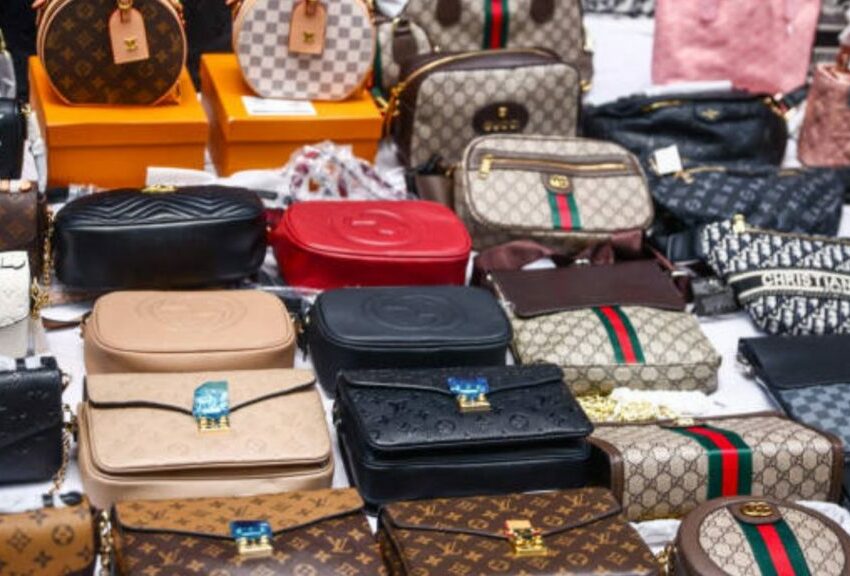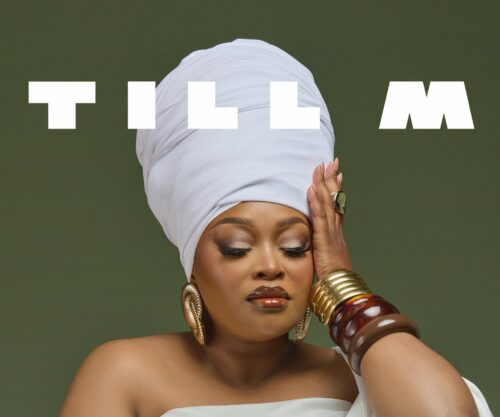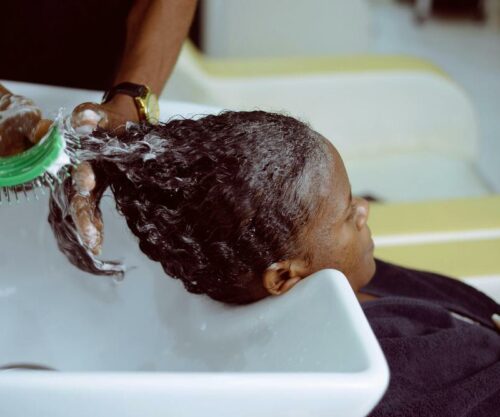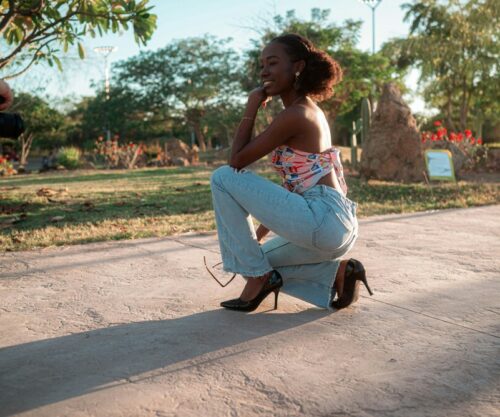
South Africa is seeing a marked uptick in the trade of counterfeit luxury items, driven by high demand, sophisticated technology and a booming influencer culture.
According to News24, the market for these ‘super fakes’ is expanding rapidly, putting buyers and promoters at increasing risk of legal and financial consequences
These replicas are not your typical cheap knock-offs, they are high-quality copies that make it difficult to distinguish between what’s real and what’s not giving consumers the illusion of owning luxury brands at a fraction of the cost.
The combination of affordable access and near-authentic aesthetics has made them especially appealing.
Social media is playing a major role in the spread of counterfeit luxury goods, as platforms like TikTok and Instagram are increasingly used to showcase replicas.
Many influencers and celebrities are sharing unboxing videos of dupe items, presenting them as stylish, affordable alternatives to genuine luxury, despite potential risks.
Experts point to several key drivers behind the rise of counterfeit luxury goods in South Africa:
- Technological advancements that make it easier to produce near-perfect replicas of high-end products.
- Growing online and social media commerce, which lowers barriers for buyers and sellers of fakes.
- A cultural shift where owning luxury items (or items that look like them) has become more visible and appealing via social media exposure.
The stakes are higher than simply owning a fake bag, as noted by News24, buyers and promoters of counterfeit goods ‘are increasingly exposing themselves to legal and financial repercussions.’
This means that both sellers and social media influencers face potential liability for distributing or promoting fake luxury goods.
First published on Cape {town} etc
Also see: Fake Apple Products Worth R60k Seized in Gqeberha Raid




